These are the vegetables that a chinchilla can eat:
- Carrot
- Kale
- Alfalfa
- Celery
- Potato
- Sweet potatoes
- Squash
These are the vegetables (plus fruit/nuts) a chinchilla can’t eat:
- Cabbage
- Corn
- Banana
- Nuts
- Sunflower seeds
- Lettuce
- Asparagus
- Avocado
- Rhubarb
- Rhubarb leaves
- Peas
- Broccoli
- Spinach
Chinchillas are rodents native to the Andes, living at elevations up to 12,000 feet.
Because of their natural habitat, chinchillas have evolved specific dietary requirements that include a diet high in fiber and pure water.
For chinchillas to remain healthy, owners must provide hay and fresh vegetable matter such as vegetables, greens, and fruit. Learn more about healthy chinchilla poop here.
So, what vegetables can chinchillas eat?
The list of vegetable chinchillas can eat isn’t that long.
You want to make sure you give yours the right ones and prevent issues such as food poisoning or worse.
The digestive tract of the chinchillas is a bit sensitive, which reduces the list of foods it can eat. Here are the few vegetables chinchillas can eat and the benefits they get from them.
1. Carrot
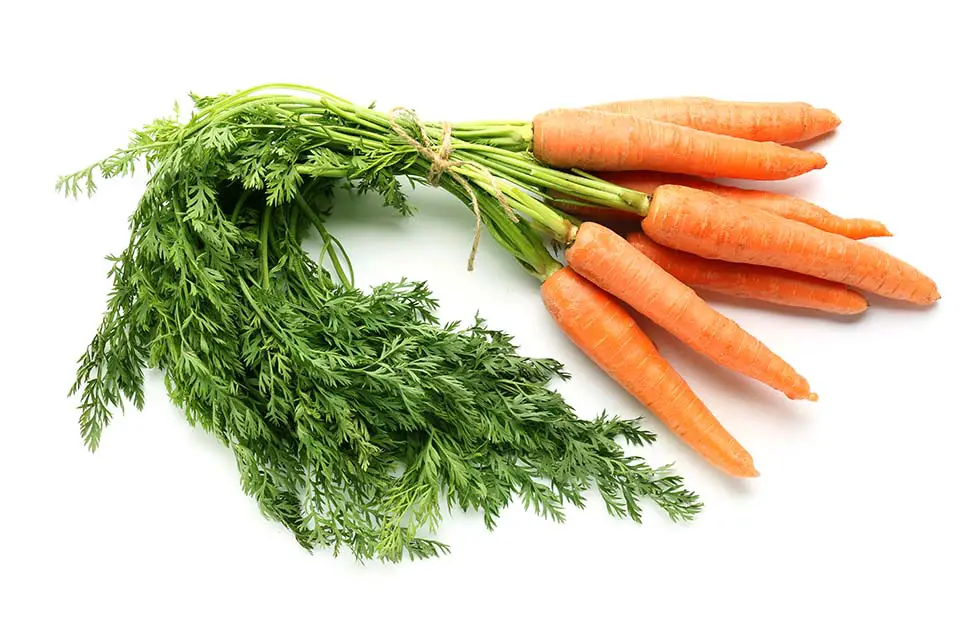
Carrots are an excellent source for vitamin A, C, K, and B carotenes. These vegetables also have anti-inflammatory properties due to beta carotene, a powerful antioxidant. The high level of soluble fiber in carrots helps reduce the bad cholesterol levels in the blood.
2. Kale
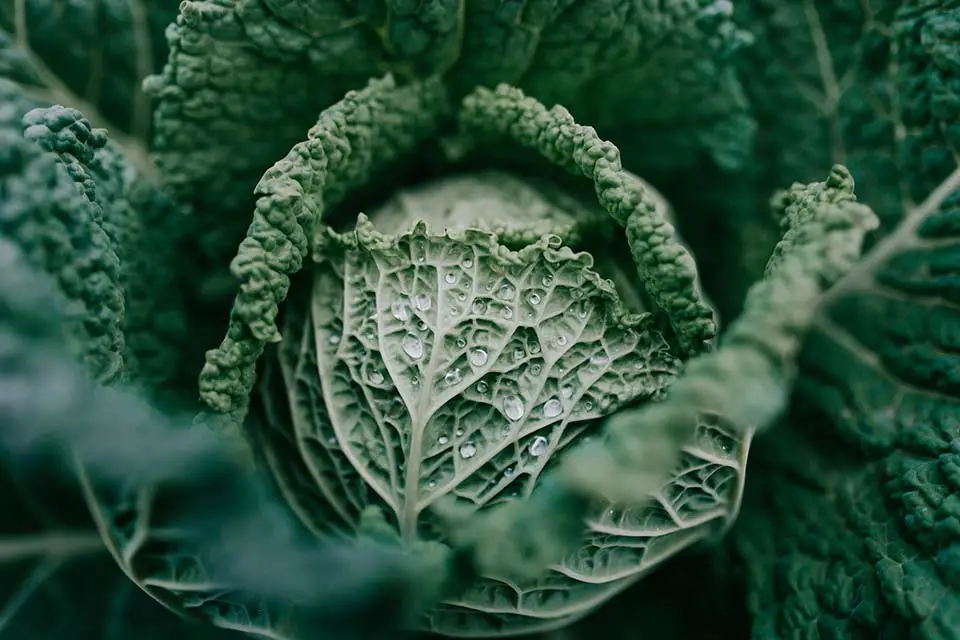
Kale is another vegetable that contains anti-inflammatory properties, which are excellent for the respiratory system. The high fiber content in kale helps prevent digestive problems while reducing cholesterol levels. Kale also provides vitamin A, C, iron, calcium, and magnesium.
3. Alfalfa
Alfalfa sprouts are rich in vitamin B complex, calcium, magnesium, phosphorus, potassium, and fiber. The high amount of vitamins and minerals found in alfalfa make it an excellent source for the well-being of chinchillas.
4. Celery
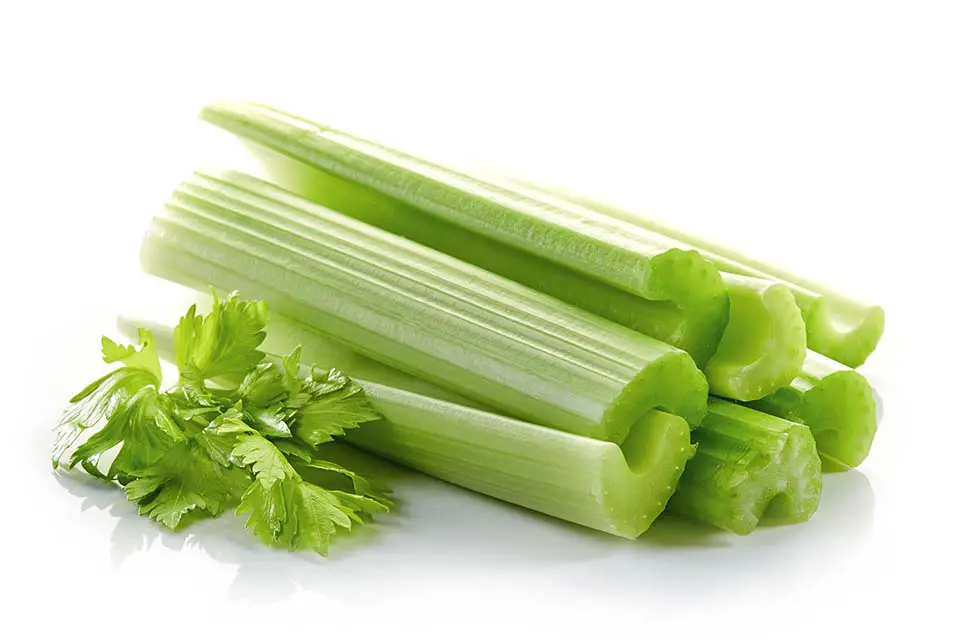
Celery is also rich in fiber which reduces cholesterol levels. It also has a high water content which helps hydrate the chinchilla.
5. Potato
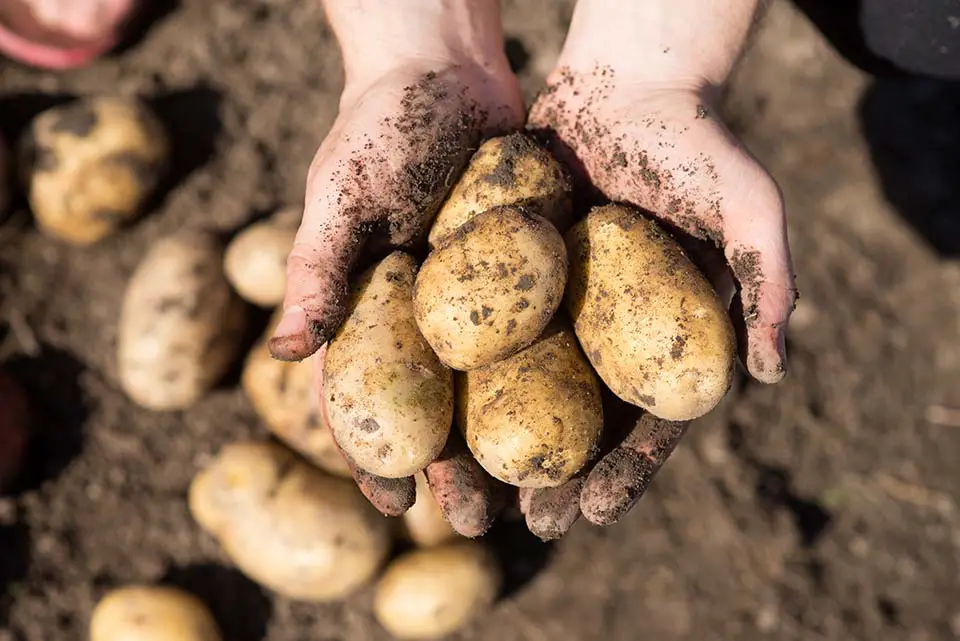
Potatoes are an excellent source of vitamins and minerals such as vitamin A, C, B6, potassium, copper, manganese, and fiber. The presence of starch in potatoes improves digestion while increasing energy levels. Potatoes also have anti-inflammatory properties, which are excellent for the respiratory system.
6. Sweet Potato
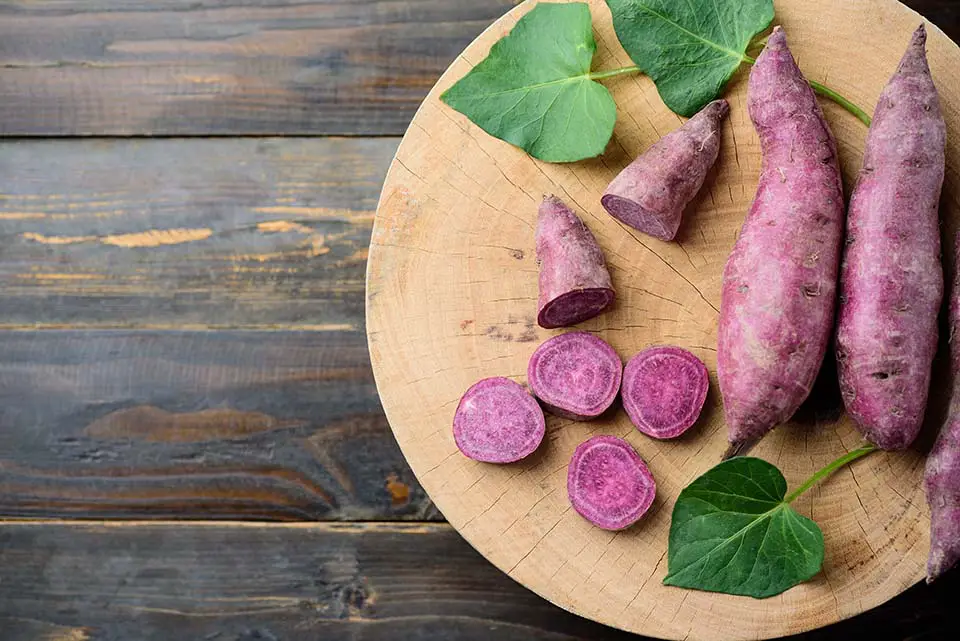
Sweet potatoes are also an excellent source of potassium, calcium, magnesium, manganese, and fiber. These vegetables also prevent constipation while increasing muscle function in chinchillas. The anti-inflammatory properties reduce the risk of digestive problems and improve respiratory health.
7. Squash
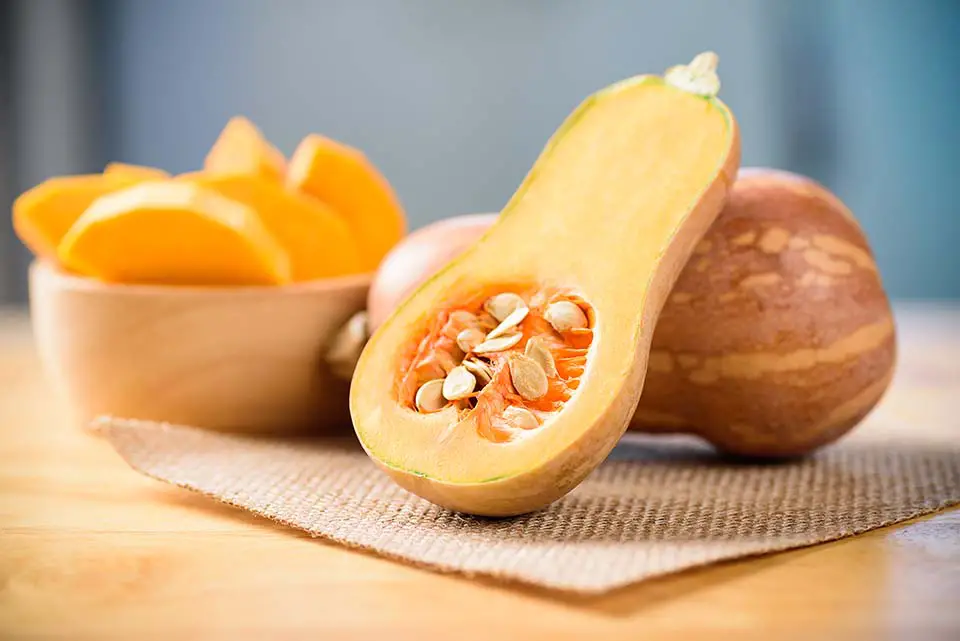
Squash is an excellent source of vitamin A, C, and manganese. It also has anti-inflammatory properties, which are good for the respiratory system. The high fiber content prevents digestive problems while reducing cholesterol levels.
8. Red Leaved Lettuce
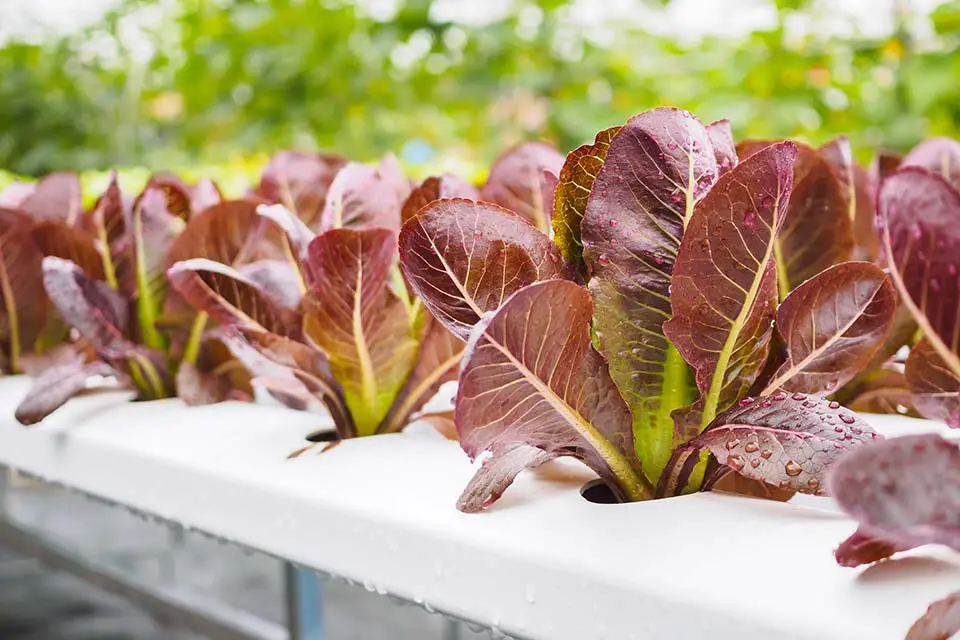
Red lettuce is another excellent vitamin A, C, and manganese source. It also has anti-inflammatory properties, which are good for the respiratory system. The high fiber content prevents digestive problems while reducing cholesterol levels.
9. Pumpkin
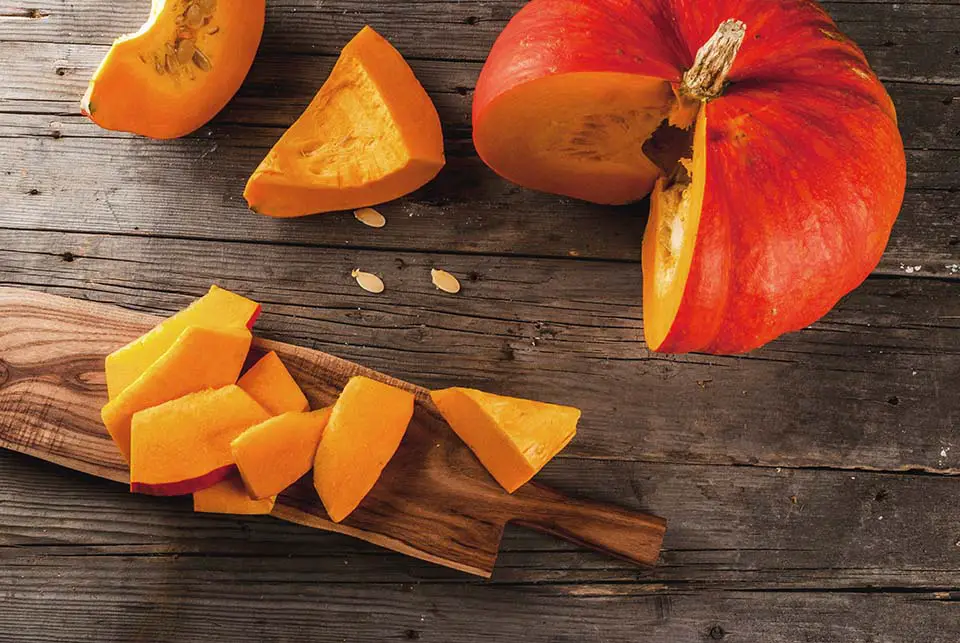
Pumpkin is a great source of beta carotene, vitamin A, C, and manganese. The anti-inflammatory properties reduce the risk of digestive problems while improving respiratory health. It is also rich in fiber which reduces cholesterol levels.
10. Lettuce (Some Greens)
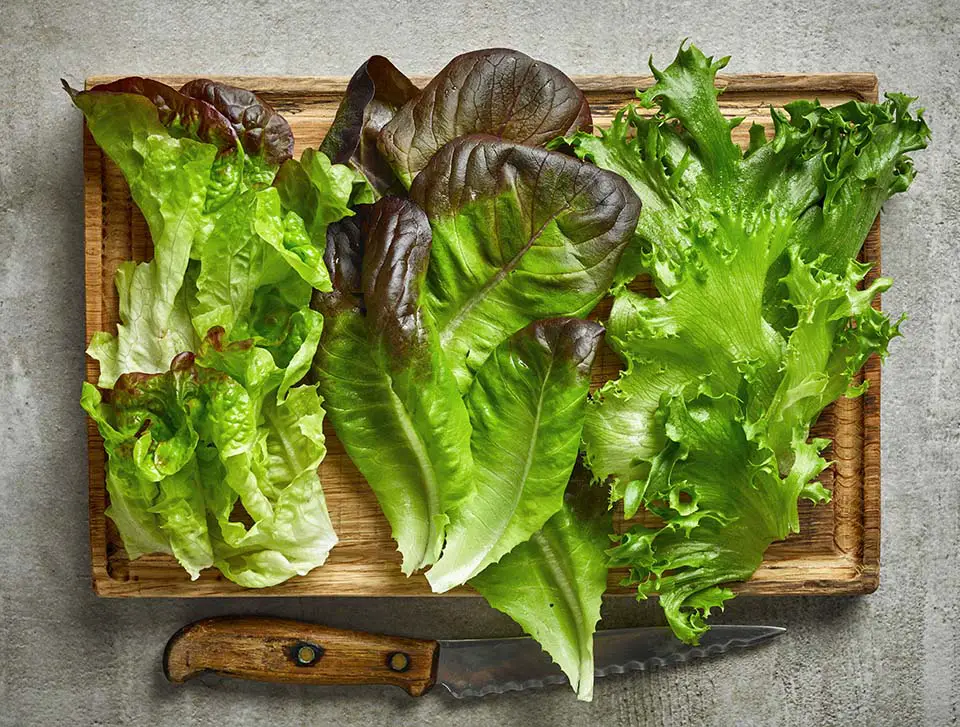
Lettuce is an excellent source of vitamin K, B complex vitamins like folic acid, niacin, pantothenic acid, and vitamin A. It has anti-inflammatory properties, which are good for the respiratory system. The high fiber content prevents digestive problems while reducing cholesterol levels.
11. Parsley
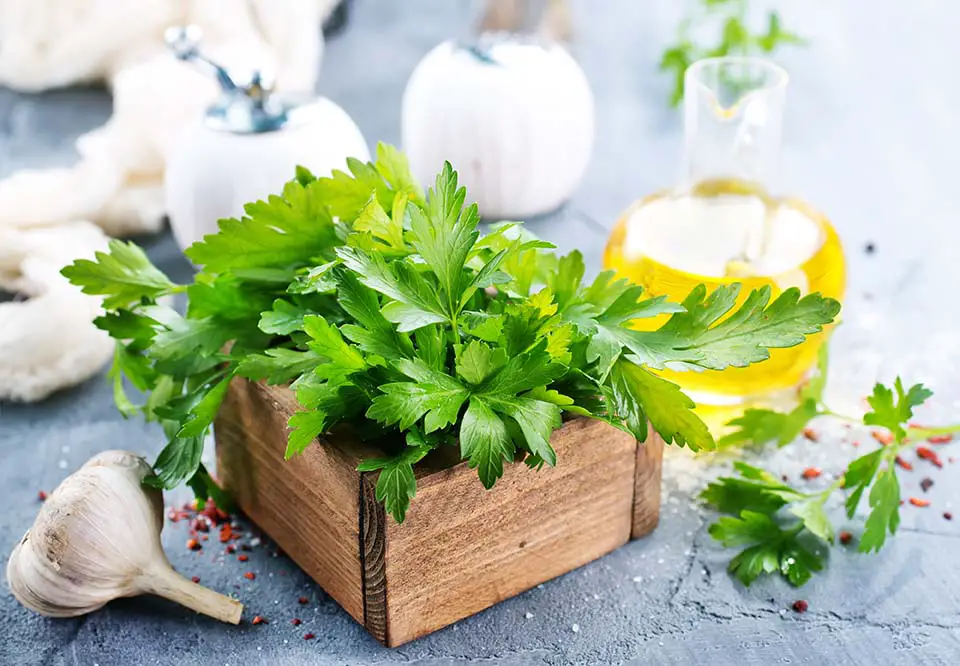
Parsley is a rich source of vitamin C, manganese, iron, calcium, magnesium, and potassium. These vegetables also prevent constipation while increasing muscle function in chinchillas.
12. Chard
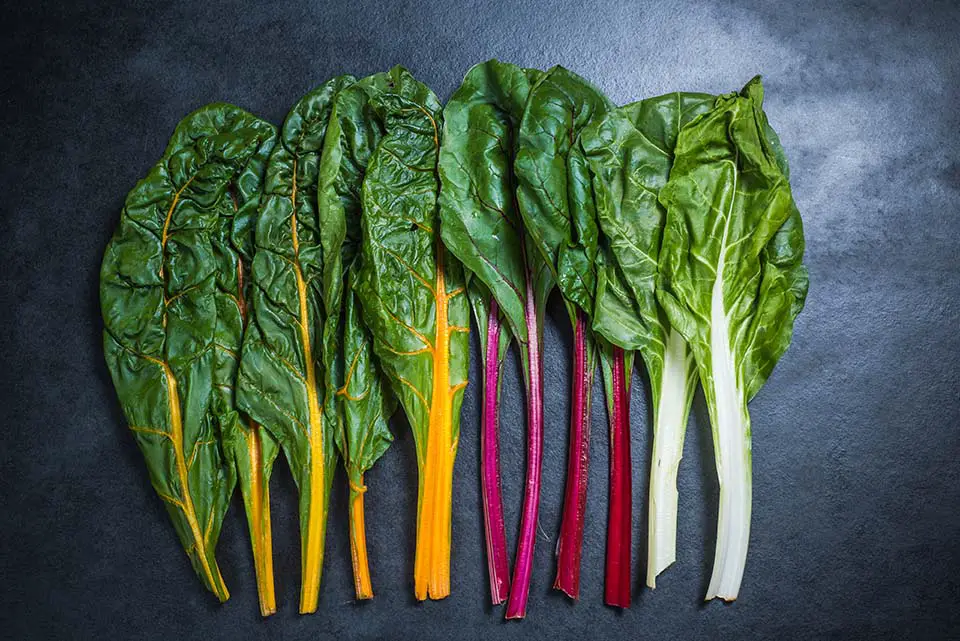
Chard is also rich in fiber which reduces cholesterol levels and has a high water content which helps hydrate the chinchilla. Swelling of body parts, wheezing, and excessive discharge from eyes and nose can be caused by eating too much celery, kale, or raw potato. If you give chinchillas raw fruit, make sure to watch the number of grapes and raisins consumed by them because it can cause kidney stones in them.”
Why Can’t Chinchillas East Just Any Vegetable?
Chinchillas have a digestive system suited to a diet of pure hay and other fibrous plant matter. Chinchilla diets consist mainly of grasses and plants high in fiber in the wild. These foods help maintain a balance in their intestinal tract by acting as a laxative, helping to keep their digestive systems working properly.
A diet high in fiber is important because the food they eat passes through their digestive system quickly, resulting in health problems if they do not receive enough fiber. Additionally, chinchillas have a very limited amount of saliva in their mouth, making it difficult to produce cecals in their cecum.
These droppings called cecals are higher in fiber and nutrients than regular stool. Chinchillas rely on bacteria that live in their digestive system to produce cecals for them, which is why it is important they receive a high-fiber diet, such as hay and vegetables with high fiber content.
Chinchilla owners should be very careful what vegetables they offer their chinchillas to prevent the risk of gastrointestinal problems. Extremely high levels of calcium intake can lead to health problems, particularly bladder stones. Additionally, some vegetables have a high water content which can cause diarrhea in chinchillas if given in large quantities.
Chinchilla diet DOs and DONTs
- Hay, hay, and more hay – A constant supply of hay is a must. Chinchillas need to eat a lot of fiber for proper digestion, and it’s the only thing they can digest.
- Make sure you have some vitamin C on hand – Vitamin C is required as they cannot produce it themselves. In the case of a deficiency, they can get scurvy, and it can be fatal.
- Water should always be available – Chinchillas need to stay hydrated on a high fiber diet; otherwise, their bodies will fail to absorb all the nutrients they need.
- Don’t give them sugary fruits – It can cause diarrhea, bloating, and other health problems.
- Don’t give them avocado – Avocado is toxic to chinchillas, so don’t give them any.
- Don’t introduce a dietary change suddenly – It can be quite harmful. Introduce change gradually over a week or two.
- Learn how to tell if your chinchilla is dying so you can get them to a vet quick!
Conclusion
Chinchillas need hay, greens, and fiber to stay healthy and have a long lifespan. However, you must know which ones to give them! Things like potatoes, tomatoes, peppers all have toxic parts, so watch out for those.
Make sure you have some vitamin C on hand – Vitamin C is required as they cannot produce it themselves. In the case of a deficiency, they can get scurvy, and it can be fatal.
Make sure to have lots of hay around for chinchillas since they need to eat a lot of fiber. Chinchillas need water to stay hydrated on a high-fiber diet.
Hi, my name’s Elena Coolidge, and this is my site. Chinchillas are so cute and such intelligent animals that make great pets. They’ve become the subject of fascination for many animal lovers who enjoy their antics. I blog about their care, where to buy them, breeders, and more. Shoot me an email if you have a question!

